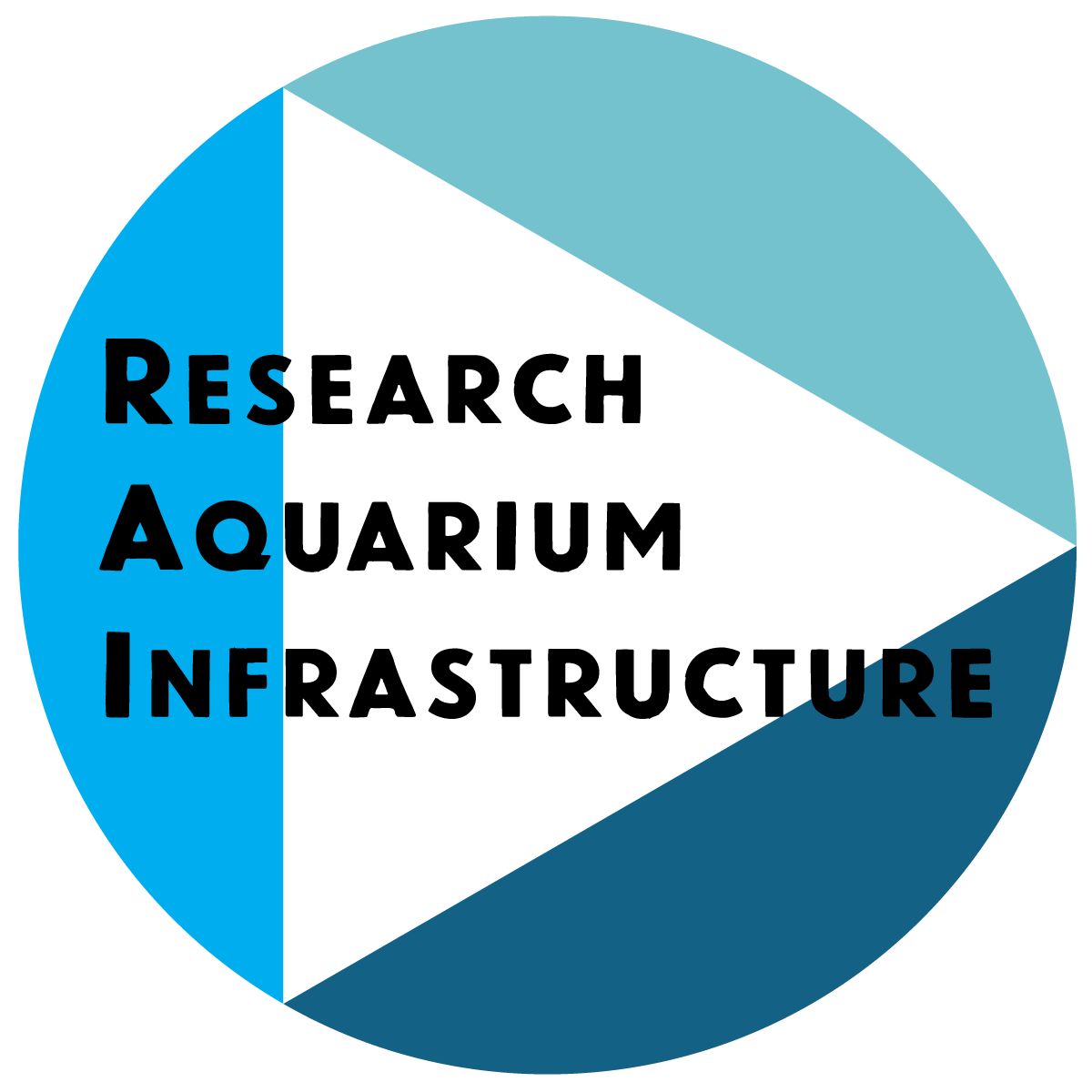CCMAR is one of the foremost marine science research centres in Portugal, gathering experts in the fields of marine biology, ecology, oceanography, environmental sciences, biotechnology, fisheries and aquaculture. Located in the South of Portugal, CCMAR is an independent and non-profit research organization within the University of Algarve system. CCMAR is dedicated to R&D in the marine sciences, and aims to promote multidisciplinary research and education related with the marine environment, with emphasis on the processes of environmental change that affect marine ecosystems, including developing approaches to conserve and unlock the potential of living marine resources, in light of those changes.
CCMAR features well-equipped laboratories for investigating marine biological systems at various levels, from biochemistry and molecular biology through genetics, physiology, behaviour and ecology. Access to several state-of-the-art facilities for maintenance, culture and experimental work on cool temperate, warm temperate and sub-tropical species can also be provided. CCMAR also provides access to marine model organisms that are frequently used for research purposes at the centre.
CCMAR’s location (SW Portugal) enables facilitated access to a wide range of marine ecosystems: lagoons and mudflats, estuaries, intertidal rocky and sandy shores, kelp forests and deep-water cold coral reefs. The centre is located just 5 km from the unique and extensive mudflats and ponds of Ria Formosa, which facilitates in situ studies in this coastal mesotidal lagoon. Special sites (e.g. marine protected areas) and extreme environments (e.g. hypersaline and aquaculture areas) and coastal Atlantic ocean are also easily accessible.
CCMAR offers TA services and is also the Portugese partner in ASSEMBLE Plus.
Ecosystems
- Lagoons and mudflats, estuaries, intertidal rocky and sandy shores, kelp forests and deep-water cold coral reefs
- Mudflats and ponds of Ria Formosa, a unique coastal mesotidal lagoon, separated from the ocean by a system of barrier islands and inlets, with very high biodiversity and an ideal natural laboratory protected by national and international legislation, which can be accessed by foot or boat.
- Special sites (e.g. marine protected areas) and extreme environments (e.g. hypersaline and aquaculture areas) are also easily accessible

